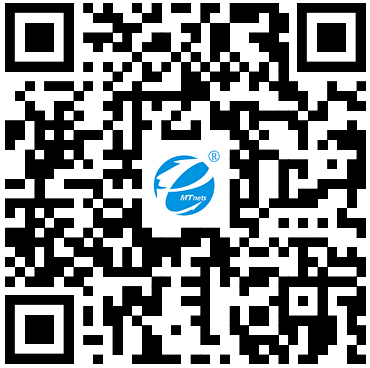Activated Leukocyte Cell Adhesion Molecule (ALCAM), also known as Cluster of Differentiation 166 (CD166), is a type I transmembrane cell adhesion molecule belonging to the immunoglobulin (Ig) superfamily. It acts as a ligand for CD6 and is expressed on T lymphocytes. The interaction between ALCAM and CD6 is essential for T cell development, regulation, and for the binding of T- and B-cells to activated leukocytes.
ALCAM is expressed in various tissues and is typically restricted to cell subsets involved in dynamic growth and/or migration, including neural development, branching organ development, hematopoiesis, immune response, and tumor progression. High expression levels of ALCAM on melanoma cell lines appear to promote metastasis, while in breast cancer, it has been associated with anti-metastatic activity. Additionally, ALCAM may influence the expression or adhesion of the neuronal adhesion molecule NCAM-L1, as observed in both the developing retina and invasive melanoma.








 采購中心
采購中心
 化工儀器網
化工儀器網